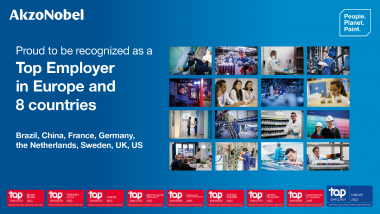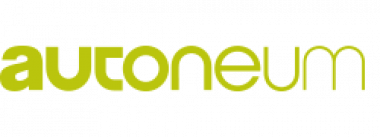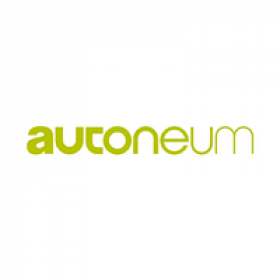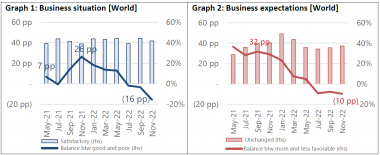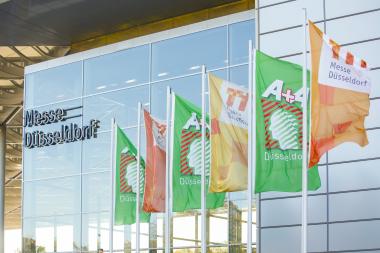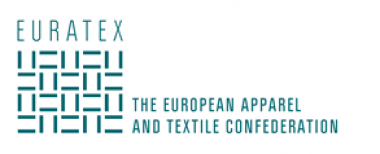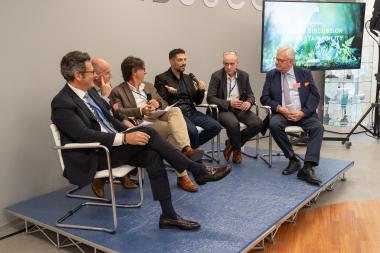Rieter: Thomas Oetterli new CEO
Norbert Klapper, who has led Rieter as CEO for nine years, has informed the Board of Directors that he wishes to take on new professional challenges. Thomas Oetterli has been appointed as his successor as CEO of Rieter.
Thomas Oetterli (53) has made a significant contribution to the successful development of the world-leading Schindler Group, starting in 2006 as CEO Switzerland, later as a member of the Group Executive Committee responsible for Europe and China, and from 2016 until 2022 as CEO of the Group. With his comprehensive leadership skills and many years of industrial and international experience, Thomas Oetterli brings ideal prerequisites to lead Rieter as a global market leader through the current challenges and successfully develop it further in the long term. He will take over the function of CEO from Norbert Klapper on March 13, 2023.
The Board of Directors would like to thank Norbert Klapper for his many years of hard work for Rieter and his lasting contribution to the company, particularly in terms of further strengthening its technology leadership, developing the components and service business, completing the systems offering. Following his departure as CEO, he will be available to the Chairman of the Board of Directors as Senior Advisor until the end of September 2023.
In view of the current challenges Rieter is facing in the current economic and market situation, which require close cooperation between the Board of Directors and the Group Executive Committee, the Board of Directors considers a dual function of Thomas Oetterli as CEO and member of the Board of Directors to be advantageous and in the interest of all stakeholders. It will therefore propose Thomas Oetterli for election as a member of the Board of Directors at the upcoming Annual General Meeting on April 20, 2023.
Rieter Holding AG









